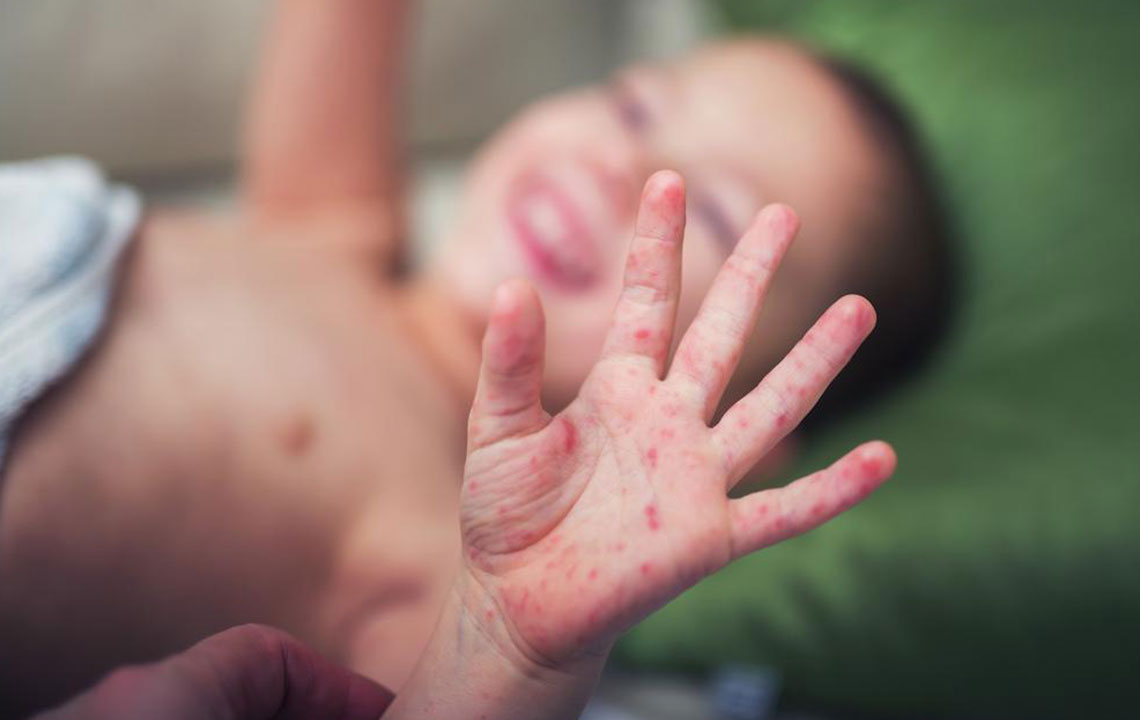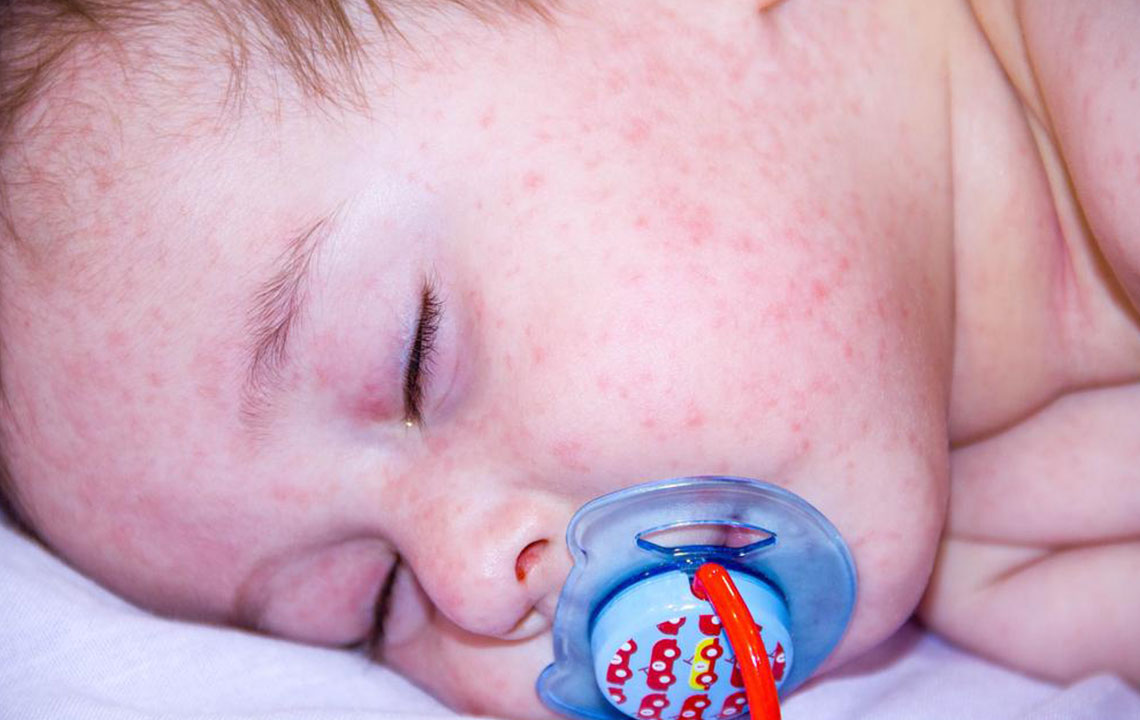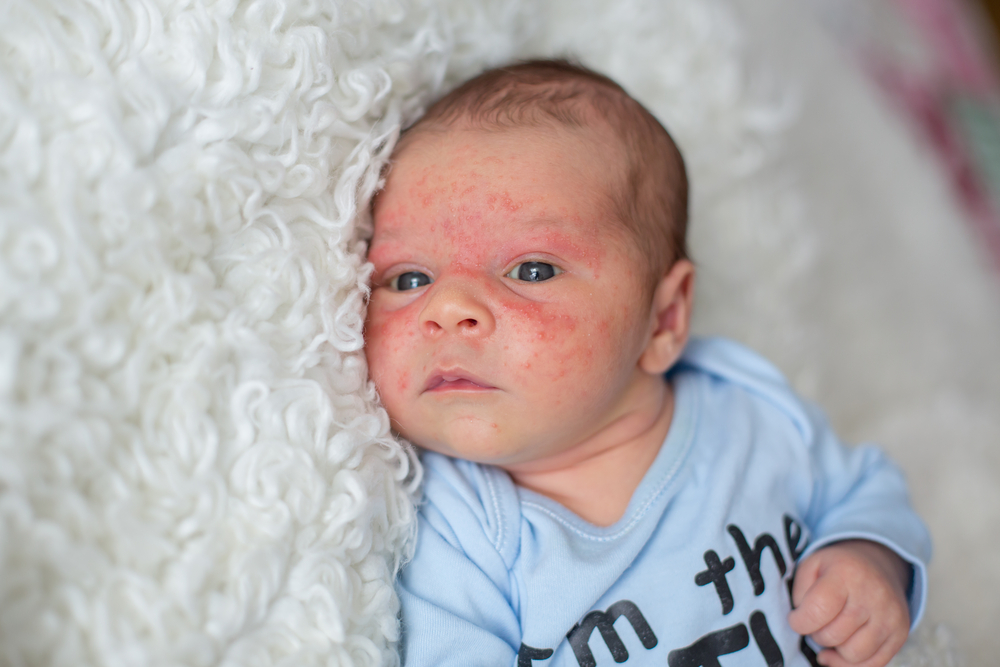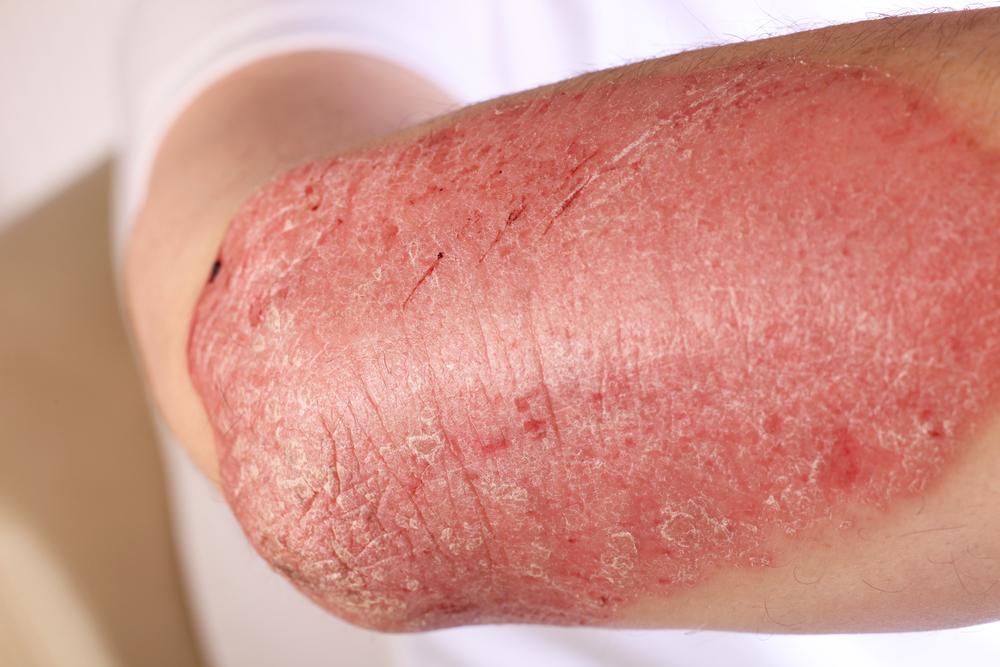Comprehensive Guide to Managing and Preventing Infant Eczema: Effective Strategies and Remedies
This comprehensive guide offers parents essential strategies and remedies for managing infant eczema effectively. It covers causes, symptoms, skincare tips, treatments, and preventive measures to help soothe affected skin, prevent infections, and reduce flare-ups. By understanding the condition and implementing expert recommendations, caregivers can improve their baby's comfort and skin health, ensuring a happier, healthier childhood.

Expert Advice on Managing Infant Eczema: Treatments, Prevention, and Care Tips
Infant eczema, also known as atopic dermatitis, is a prevalent skin condition affecting many babies worldwide. It manifests primarily as dry, itchy patches on sensitive areas such as the face, neck, elbows, and knees. This condition often results from a combination of genetic predisposition and environmental factors that compromise the skin's natural barrier, leading to increased vulnerability to irritants and infections. Recognizing the symptoms early and understanding effective management techniques can significantly improve comfort and quality of life for affected infants.
Although the precise cause of infant eczema remains elusive, researchers believe that a combination of hereditary factors and environmental exposures play critical roles. Babies with a family history of allergy or eczema are more susceptible. Environmental triggers such as harsh soaps, detergents, extreme weather conditions, dust mites, pet dander, and certain foods may exacerbate the condition. Common symptoms include redness, inflammation, severe itchiness, dryness, cracking, and sometimes bleeding in more severe cases. Infections can also occur if the skin's barrier is broken, complicating the condition further.
Effective management of infant eczema involves a multi-faceted approach centered on skin care, environmental modifications, and sometimes medication. Gentle skincare routines are vital. Using fragrance-free, hypoallergenic, and chemical-free moisturizers helps keep the baby's skin hydrated and prevents flare-ups. Emollients, which are specially formulated moisturizing creams or ointments, play a crucial role in restoring the skin barrier and reducing dryness. Pediatricians often recommend specific treatments tailored to the severity of the condition.
In addition to emollients, mild steroid creams may be prescribed to control inflammation during flare-ups. It's essential to follow medical guidance strictly to avoid overuse, which can have side effects. For babies experiencing persistent itching or discomfort, interventions like wet wrap therapy—where affected skin is wrapped with damp bandages—can provide relief and facilitate better absorption of topical medications. Lukewarm baths infused with colloidal oatmeal or baking soda can soothe irritated skin; however, hot water should be avoided as it can worsen dryness.
Avoiding potential irritants is another cornerstone in managing infant eczema. Harsh soaps, perfumed lotions, and products containing alcohol or fragrances should be replaced with gentle, hypoallergenic alternatives. Regular trimming of the baby's fingernails prevents scratching injuries that can lead to infections or exacerbate skin trauma. Ensuring proper skin hydration, coupled with gentle cleansing, helps maintain the skin's natural barrier and reduces the frequency of flare-ups.
Prevention of infant eczema involves introducing optimal nutritional strategies and creating a suitable living environment. Breastfeeding exclusively for the first 4-6 months offers immune support and may decrease the likelihood of developing eczema. Removing potential allergens such as cow's milk or certain foods from the infant’s diet, especially in those with known sensitivities, can be beneficial. Maintaining a cool, humidified, and dust-free environment minimizes environmental stressors that can trigger flare-ups.
Clothing choices also matter; dressing your infant in lightweight, breathable fabrics like cotton helps prevent overheating and sweating, which can aggravate irritated skin. Regular hygiene practices, including gentle bathing and thorough drying, are essential. Monitoring the child's exposure to potential allergens and avoiding contact with infected individuals or those with contagious skin conditions are important preventive steps. If symptoms worsen, with the appearance of pus-filled blisters, swelling, or signs of infection, prompt medical attention is imperative to avoid complications and receive appropriate treatment.
In summary, infant eczema requires a consistent, carefully tailored approach to skincare, environmental control, and medical treatment when necessary. Parents and caregivers should work closely with pediatric healthcare providers to develop a personalized management plan that minimizes discomfort and promotes healthy skin development. With proactive strategies, careful monitoring, and proper intervention, infants with eczema can experience significant relief and improved skin health over time.





